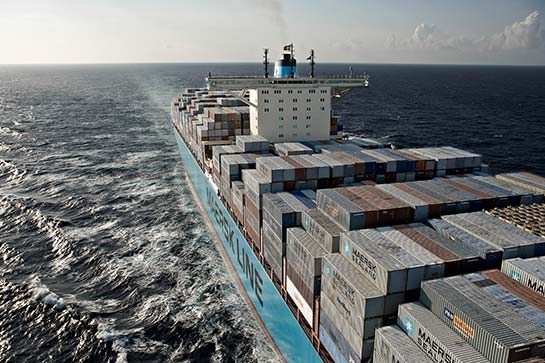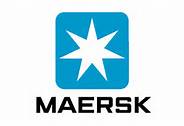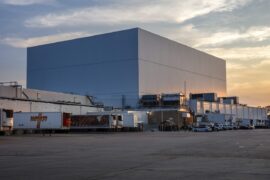Maersk Line’s just released Brazil trade update for the first quarter of 2016 anticipates a light recovery in Brazilian global commerce during the second quarter. That is after imports reached their lowest level in seven years during the first quarter, as the nation became a net exporter for the first time since 2011.
“The market is asking whether the Brazilian economy has finally reached rock bottom, given that we are seeing in the first quarter an improvement over the weak imports results seen in the last quarters,” said Antonio Dominguez, managing director for the East Coast South America cluster covering Brazil, Argentina, Uruguay and Paraguay. “Even so, there is still much to improve and this is the moment to adopt new accords that favor Brazilian trade with infrastructure investments finally moving forward. But if not, we will be far from a reasonable position for a good while.”
Reefer Shipments Drive Export Growth
Despite the difficulties facing Brazilian exporters, segment results were strong in the first quarter with growth totaling 16% for the period year-on-year. The positive performance was fueled by 15% growth in reefer shipments. This was largely on the back of growth in sales to Asia that bought 23% more Brazilian products than it did a year earlier for the same period.

“Asia was the focal point for Brazilian reefer cargo. Alone, the region is responsible for an above-average growth and reverted flows that were primarily based on Europe,” said Joao Momesso, head of trade and marketing for Maersk Line in Brazil, Argentina, Uruguay and Paraguay. “However, greater demand on the export side has been limited by declining imports, which has impacted space availability on ships, and an increase in freight prices for products headed to Asian markets.”
An end to a Chinese embargo combined with Asian market purchasing power and a weak Real resulted in an above average performance for the Brazilian beef sector, which generated export growth of 19%. The jump was 26% cumulatively in the markets of Asia, Europe, the Middle East and Africa. Favorable foreign exchange conditions also reflected positively on exports for other meat types including chicken, pork and fish, increasing respectively 12%, 67% and 20%.
The access to a varied number of markets is owed to RCM technology that allows for remote management of containers, transforming equipment into intelligent devices that are able to supply data on local, temperature and humidity as well as allow for ventilation adjustment during transportation. In turns this facilitates an increase in the longevity of cargo moved.
“Thanks to this new technology, Brazilian reefer products can go further and further afield,” says Amador.
Ranked as the biggest container shipping company in the world, Maersk Line’s market share in Latin America is 15%. The company, which employs 2,000 people in Brazil, has invested US $2.2 billion in 16 ships for Brazil’s shallow water ports. Furthermore, the Group has completed a US $4 billion investment in the country.





